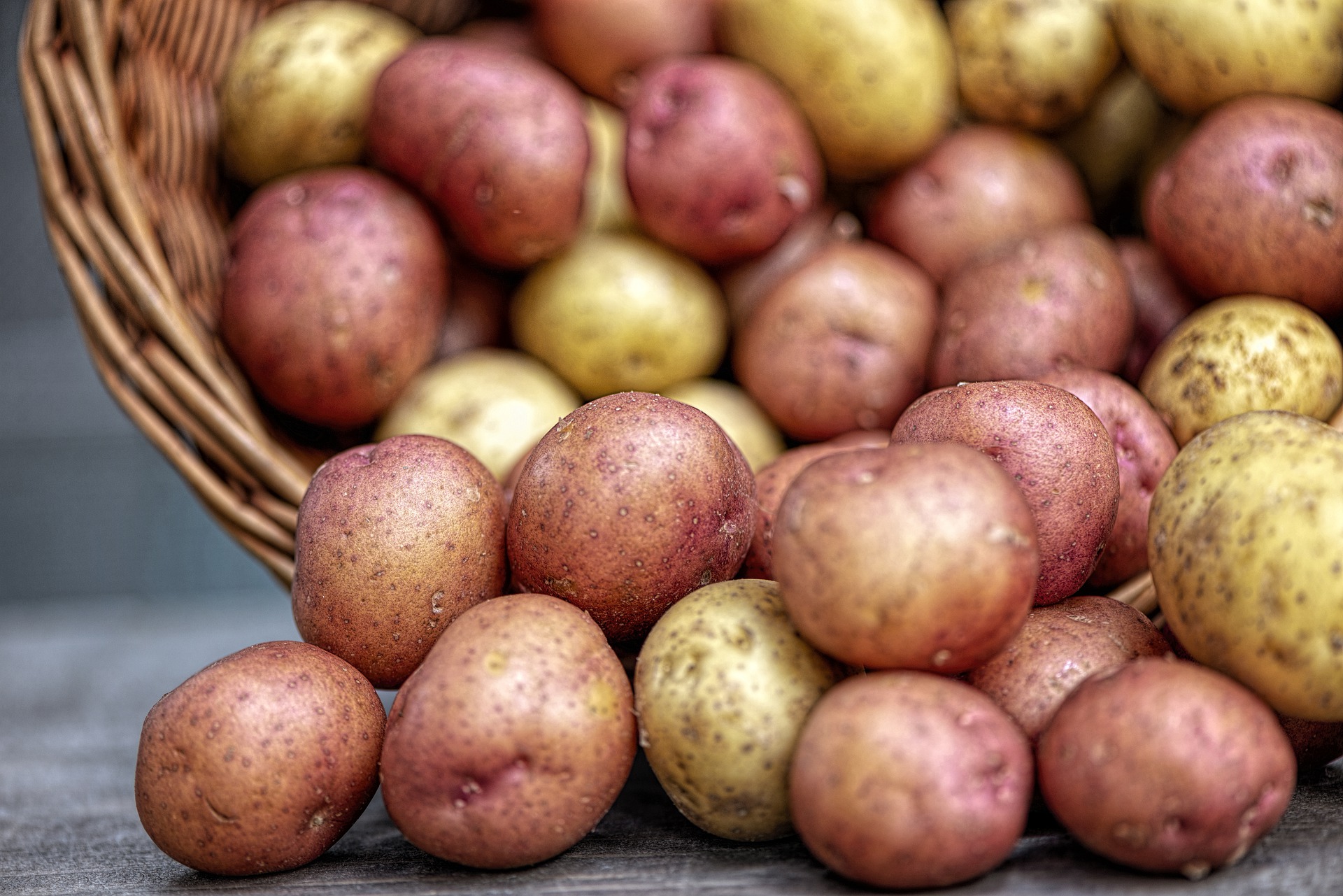
Roasted Potatoes. So Good. Roasted Coffee That Smells Like Potatoes, Not So Good.
It’s mid-morning at the cafe, the sun is shining, people are happily milling around staring off into the middle distance with the sun on their backs, waiting on their coffee order and taking a break from their arctic air-conditioned offices and Stu’s incessant witticisms – “What do you have on today, Stu?” “Pants and a shirt, thanks for asking!” Gosh Stu. So funny. So..
Next coffee in the line is a long black, we make it on the Guatemalan, which is so silky, with milk chocolate and almonds and… banana. Intense ripe banana. I say to my collleague “woah! Do you smell that?! I’ve never smelt banana this intense in a coffee before. I thought it was washed but it must be a natural.” My colleague agrees and checks the bag to see. Then we then hear our customer Luke say sheepishly, “Oh, sorry. You can smell that over there can you?” as he lowers his freshly peeled banana, unsure whether to carry on eating it or to hide the offending fruit under his shirt.
Grinding beans – even a single bean with The Potato Taste Defect (PTD), elicits similar responses from baristas. “Woah! What’s this flavour profile? Jasmine, iceberg lettuce and earth? Ribena berries and peeled spuds? The smell is so unexpected and out of place you can almost see Luke caught in the act, lowering his raw potato and peeler in shame.
PTD is almost entirely contained to coffee hailing from Rwanda, Burundi, DR Congo, or Congo. The smell is caused by the household names you know and love, Enterobacteriaceae and Pantoea bacteria, which gets into the coffee via a break in a damaged coffee cherry’s skin. PTD is commonly associated with the Antestia Bug (which looks much like a colourful Stink Bug, and I’m now putting two and two together and thinking they might be related, or at least in cahoots), but it’s thought now that PTD is not directly caused by the demon bug, but indirectly via the bacteria living on the bug getting into the cherry when the Antestia Bug drills little holes into it. Why, Stink Bug from satan? Why?
Good news is, this bacteria is directly harmless to humans. But indirectly, it does do damage to producer’s livelihoods. PTD is generally next to impossible to detect until roasting and grinding, as the damage to the cherry skins can be too small to see with the naked eye during picking and processing. It’s not until the molecules from the offending bean are released by grinding that they can be detected by your nose.
It’s not the worst smell in the world, heck, in any other context would be delicious – a glimmer of hope that a future of hot chips awaits, and on average affects only one bean out of every 1150g, so how is this even a problem?
But that one bean can make the drinker, barista, or roaster assume the whole batch is bad, or not want to risk throwing out grams of contaminated coffee, and may deter roasters and buyers from purchasing from that farm again in the future. If a bad bean gets onto the cupping table of a competition or scoring session, it may be given a much lower score for an otherwise incredibly well produced coffee, which in turn can lead to a reduction in value of anywhere between 50-94% per kilo. This would have knock on effects into the next season, having less income to put towards new crops, equipment, marketing and research.
As responsible roasters, baristas and drinkers in the global coffee industry, it would be wise to continue to support this region through buying their wonderful coffee, so they can continue to develop technologies and further research to combat PTD. As coffee makers we can easily manage it – when we come across an affected bean, we can just toss it, purge a few grams, and carry on. Enjoy its clean body and bright acidity. Frolic in its fruity flavour. Don’t throw the beans out with the chip-fryer. So to speak.
References
https://perfectdailygrind.com/2021/07/what-is-potato-taste-defect-how-can-coffee-producers-stop-it/
https://counterculturecoffee.com/wp-content/uploads/2020/04/CCC-PTD-Paper-Final.pdf
https://www.ncbi.nlm.nih.gov/pmc/articles/PMC6341129/
https://counterculturecoffee.com/blog/potato-taste-defect
Be The first to know about new digs.

